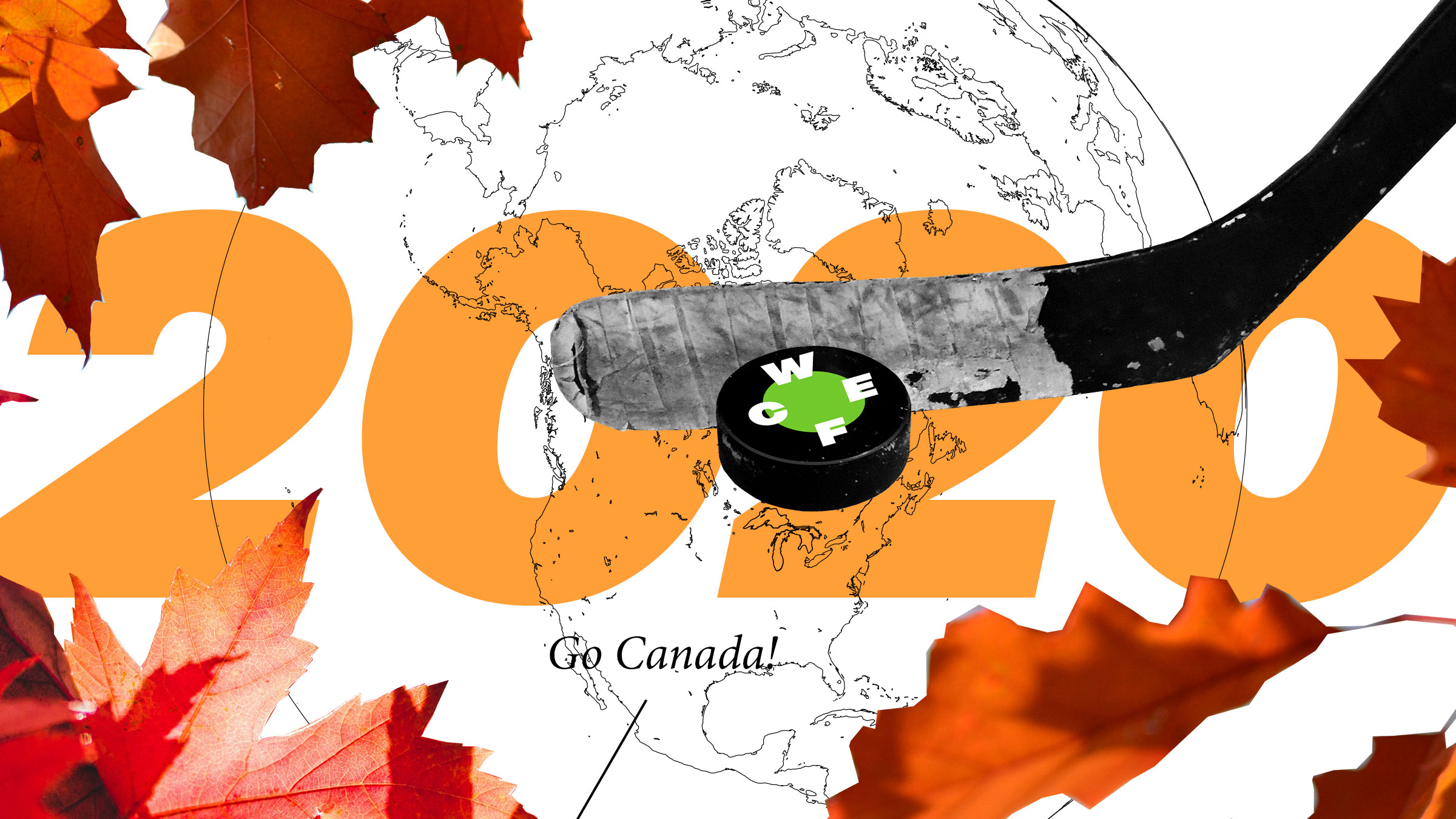“WCEF is going to Canada because of the strong commitment from the government of Canada and leading enterprises for the circular economy,” says Mari Pantsar, Sitra’s Director for the Carbon-neutral economy. “Sitra has been working closely with the Circular Economy Leadership Coalition since it was established. WCEF has been held twice in Europe and once in Asia, so going to North America is a natural next step.”
Canada is a large and diverse country, including major urban centres, isolated villages and indigenous communities. Organisers have a circular economy vision that is just, inclusive and works for everyone.
“The circular economy has momentum in Canada,” says Leah Canning, Senior Policy Advisor at the Environment and Climate Change ministry. “We are excited to showcase Canadian innovations as well as learn from our partners.”
Environment and Climate Change Canada is the host organisation within the Government of Canada for WCEF 2020, working with partners such as Sitra and the Circular Economy Leadership Coalition.
Canada’s system of collaboration
Canada has a highly educated, skilled and creative workforce who are increasingly concerned with protecting the environment. This is fertile ground for great circular initiatives to develop.
“It is an exciting time for the circular economy in Canada,” says Heather Schoemaker, Director of the National Zero Waste Council Secretariat, an initiative of Metro Vancouver. “We see accelerated action across the economy from a variety of stakeholders. There is strong leadership and a network of champions, as well as many pioneer projects that will offer insights to others just getting started.”
Every region has its own unique challenges in transitioning to a circular economy. For example, the Canadian federal system gives the provinces and territories jurisdiction over a range of issues.
“This means that policy making is a system of collaboration and engagement,” explains Canning. “We rarely have a policy which is implemented solely top-down. Instead, we use cooperation.”
These co-creation efforts also work on the small, local level. Canning points to a partnership between the City of Guelph and Wellington County, Ontario, who together won a smart city prize for their plan to build a technology-enabled Circular Food Economy.
Leading by example
Canadian businesses and cities have developed a number of good circular solutions. These range from small, local initiatives to nationwide endeavours.
“We have zero waste grocery stores popping up around the country, such as NADA in Vancouver,” Schoemaker says. “There is a growth of local repair, reuse and sharing models and initiatives, like the Metro Vancouver Share, Repair Reuse network and Toronto Tool Library, which expanded to become Canada’s first Library of Things. Large corporations like Walmart Canada and Ikea are making bold commitments on zero plastic waste and the circular economy. Many new businesses are making new products out of what was once waste materials, like ChopValue, a company collecting chopsticks and transforming them into new durable furniture and installations.”
Canada has also led the way in major global initiatives. When Canada held the presidency of the G7 group of nations they introduced the ocean plastics charter which addresses the threat of marine litter and is already implementing it domestically.
2020 vision
Participants at WCEF 2020 will have an opportunity to share their own solutions as well as learn about Canada’s unique skills and approach to the circular economy.
“Canada has strengths in particular industries, such as minerals and metals. For example, we have a company which developed a process to recover critical materials from lithium batteries,” Canning says. “This is one of the sectors which we hope to highlight next year.”
“While we face great planetary risks, the circular economy provides a bold vision and framework for action, and if we can harness our collective ingenuity, innovation and creativity, the possibilities for positive change are very real and tangible,” Schoemaker concludes. “We commend Sitra for providing the global platform through the WCEF and invite everyone to continue the conversation on 30-31 October in Vancouver, Canada at the Zero Waste Conference in advance of the 2020 WCEF in Canada.”
















Recommended
Have some more.